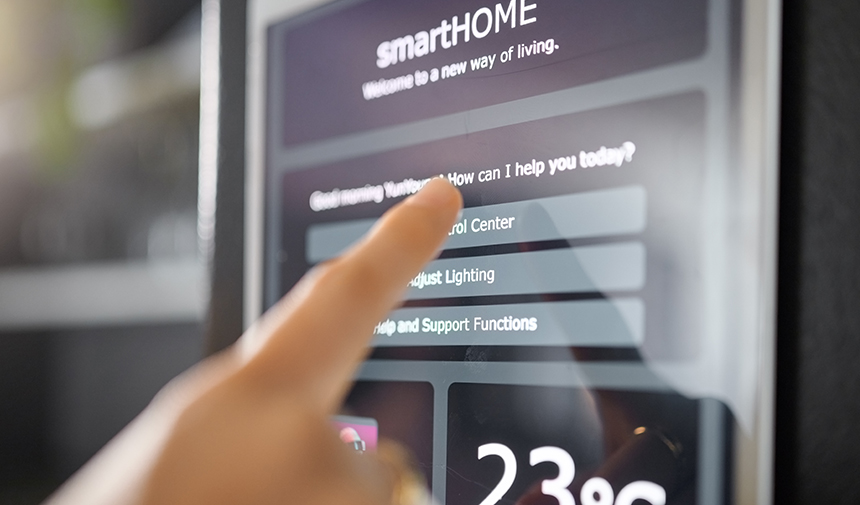With the advancement of technology, the widespread adoption of Internet of Things (IoT) applications in smart homes is rapidly increasing. This article will examine the impact of IoT on smart homes, discuss its applications, and delve into the benefits it provides in detail.
Rise of Internet of Things (IoT) and Smart Homes
Digital Transformation of Homes: IoT technology plays a significant role in the digital transformation of homes. Homeowners can now control, automate, and enhance the security of their homes through smart devices.
Smart Home Devices: With the proliferation of IoT in smart homes, many smart devices have been introduced to the market. Devices such as smart thermostats, lighting systems, security cameras, door locks, and energy management systems offer homeowners a more comfortable, secure, and energy-efficient lifestyle.
Applications and Integrations: Smart home technology provides homeowners with extensive control and access through various applications and integrations. Through mobile applications, homeowners can remotely control their homes, manage devices, and monitor security systems.
Energy Efficiency and Savings: IoT technology enhances energy efficiency in homes, leading to energy savings. With smart thermostats, energy management systems, and smart lighting solutions, homeowners can optimize their energy consumption and reduce costs.
Benefits of Smart Home Technology
Comfort and Convenience: Smart home technology provides homeowners with comfort and convenience. Through automatic lighting, programmable thermostats, and remote-controlled devices, homeowners can personalize the management of their homes.
Security and Monitoring: IoT-based security systems offer homeowners the ability to monitor and protect their homes. With smart camera systems, motion sensors, and remote access features, homeowners can monitor and keep their homes safe at all times.
Energy Efficiency and Savings: Smart home technology offers homeowners the opportunity to increase energy efficiency and reduce costs. Through automatic energy management, smart heating and cooling systems, and energy monitoring devices, homeowners can optimize their energy consumption.
Environmentally Friendly Lifestyle: Smart home technology promotes an environmentally friendly lifestyle. By saving energy and reducing carbon footprint, it supports a sustainable way of living.
In conclusion, the widespread adoption of Internet of Things (IoT) applications in smart homes offers homeowners many benefits, including comfort, security, energy efficiency, and an environmentally friendly lifestyle. The increasing popularity of these technologies will lead to smarter and more connected homes in the future.



